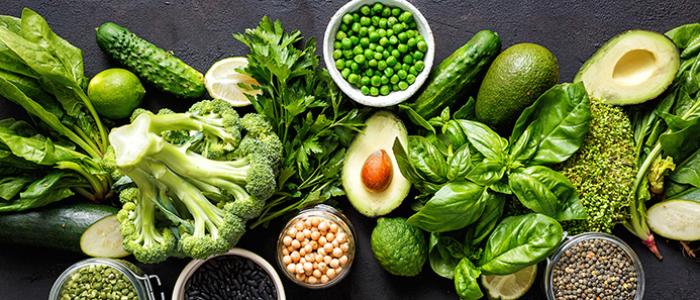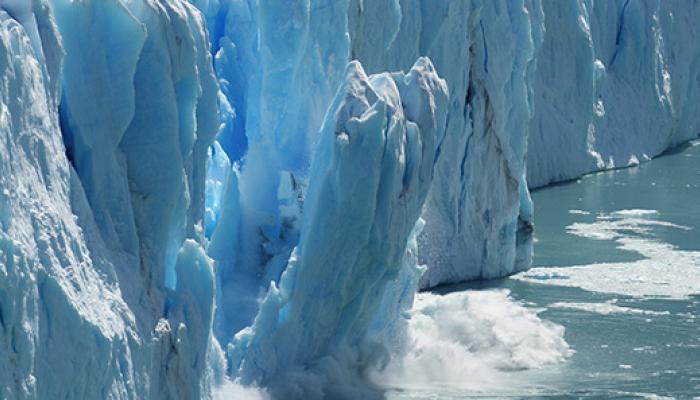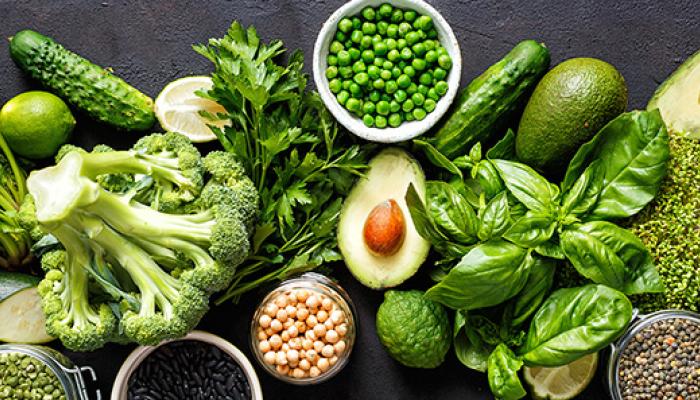
6.7 Was Jezus veganist? Zouden christenen vegetariërs moeten zijn? Hoort dat bij zorg voor de schepping? Waarom werden er in de Bijbel dieren geofferd?
Jezus at vlees (Luc 22,8 en vis (Luc 24,41-43). Hij zei dat al het voedsel rein is en gegeten kan worden (Mar 7,15-19). Wel maakt matigheid in eten en drinken deel uit van de christelijke traditie. Op vrijdag zien christenen vaak af van het eten van vlees en in sommige kloosterorden wordt hoofdzakelijk vegetarisch gegeten. Het is ook een uiting van solidariteit omdat veel bestaansmiddelen die nodig zijn voor de productie van vlees ook als voedsel voor mensen met honger kan dienen.
Zelfs nu nog worden dieren geofferd voor ons welzijn, om ons te voeden, te kleden of op andere manieren te dienen. De dierenoffers in de Bijbel laten ons zien hoe verschrikkelijk zonde is, omdat die ons van God scheidt. Het Oude Testament zag de offers als een manier waarop mensen hun zonden goed konden maken. Jezus heeft zijn eigen leven voor eens en altijd geofferd zodat we geen dieren meer hoeven te offeren om ons met God te verzoenen (Heb 10,14-18).
Why was the death of Jesus part of God's plan?
To reconcile to himself all who were destined to die because of sin God took the loving initiative of sending his Son that he might give himself up for sinners. Proclaimed in the Old Testament, especially as the sacrifice of the Suffering Servant, the death of Jesus came about “in accordance with the Scriptures” [CCCC 118].
In what way did Christ offer himself to the Father?
The entire life of Christ was a free offering to the Father to carry out his plan of salvation. He gave “his life as a ransom for many” (Mark 10:45) and in this way he reconciled all of humanity with God. His suffering and death showed how his humanity was the free and perfect instrument of that divine love which desires the salvation of all people [CCCC 119].
Saint Francis… shows us just how inseparable the bond is between concern for nature, justice for the poor, commitment to society, and interior peace. Francis helps us to see that an integral ecology calls for openness to categories which transcend the language of mathematics and biology, and take us to the heart of what it is to be human [Pope Francis, Laudato Si’, 10-11].





